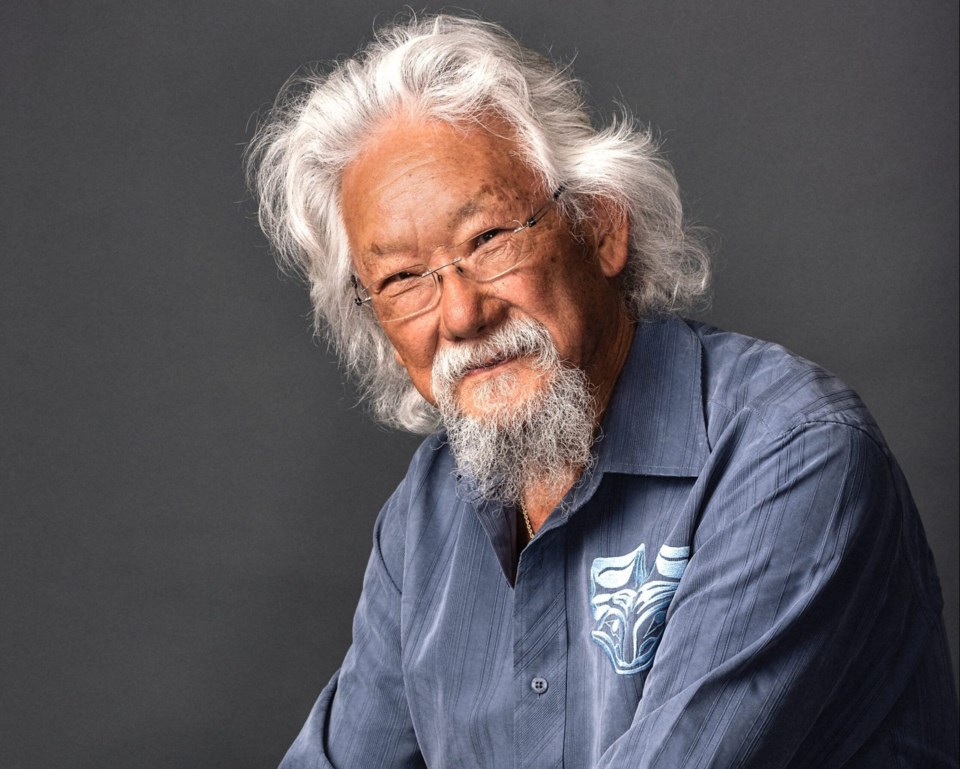There’s no real reason for the climate and biodiversity crises to have gotten to this point, and there’s no good reason for them to continue getting worse. We’ve known for decades what the problem is — while we had ample time to address it — and we have no shortage of solutions. Many of those solutions are already creating positive change and more are being developed every day.
The world is rapidly shifting to electric power, and renewable energy sources — mainly solar, wind and hydro, with storage — are supplying an ever-increasing amount: 30 per cent in 2023, according to the Energy Institute, up from 29 per cent the previous year. Policies such as the Inflation Reduction Act in the United States are showing results, such as lower emissions, cleaner power and increased electrification. Spinoff benefits include reduced pollution and related health care costs, good employment and economic returns.
It’s not enough.
Coal, oil and gas made up 60 per cent of electricity generation in 2023, with polluting coal making up the largest share. Nuclear power generation — which is expensive, potentially dangerous and takes a long time to build — remained steady at nine per cent. Global oil production reached record highs in 2023.
We also know that protecting and restoring natural areas provides a hedge against runaway climate disruption, because oceans, plants, peat bogs and wetlands sequester carbon and keep it from entering the atmosphere. At the 2022 United Nations Biodiversity Conference (COP15) in Montreal, countries agreed to a 30X30 plan – “to halt and reverse nature loss, including putting 30 per cent of the planet and 30 per cent of degraded ecosystems under protection by 2030.” Progress will be reviewed at COP16 in Colombia later this month.
Technology won’t get us entirely out of the mess we’ve created, but it is and will continue to be a big part of the cure. Technological advances over the past few decades show there’s no reason to think we can’t come up with even better remedies. Most of us now casually carry mini-computers more powerful than the computing systems that put people on the moon! Renewable energy and storage technologies are rapidly improving and dropping in price.
We also need to use less energy and use it more efficiently — which shouldn’t be difficult because those of us living in the industrialized world use exponentially more than necessary. In 2022, Canada had the seventh-highest energy consumption per capita and the U.S. was 10th. Qatar is number one. On average, a person in Canada consumes more than 20 times the energy as a person in Pakistan or the Philippines. Even among northern countries, Canada uses close to twice the energy per capita as Sweden or Germany.
The problem is that rapidly digging up and burning fossil fuels, logging forests and paving over wetlands for development are all extremely profitable. There’s a reason the automobile industry has long focused on building vehicles that require enormous amounts of fuel. Our current capitalist economic system, which measures progress through growth in gross domestic product, or GDP, encourages wasteful consumption. More growth in everything from population to industrial development creates more profit (albeit mostly concentrated in the hands of a few), which leads to more devastation.
Now we’re exceeding six of nine planetary boundaries and are close to breaching a seventh. These are “processes that regulate the stability and resilience of the Earth system.” As the Stockholm Resilience Centre warns, “Crossing boundaries increases the risk of generating large-scale abrupt or irreversible environmental changes. Drastic changes will not necessarily happen overnight, but together the boundaries mark a critical threshold for increasing risks to people and the ecosystems we are part of.”
Climate change, introduction of novel entities (synthetic chemicals Earth can’t process), change in biosphere integrity, modification of biogeochemical flows, land system change and freshwater change have all been transgressed to varying degrees, and “Ocean acidification is approaching a critical threshold.” Only ozone depletion and atmospheric aerosol loading are stable or improving, thanks to international agreements.
It doesn’t have to be this way. We have solutions. But we need to exercise more foresight and imagination. We can and must change the systems that have brought us to this point where our life-support systems are starting to disintegrate.
David Suzuki is a scientist, broadcaster, author and co-founder of the David Suzuki Foundation. Written with David Suzuki Foundation Senior Writer and Editor Ian Hanington.
Learn more at davidsuzuki.org.




